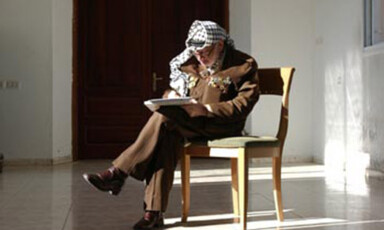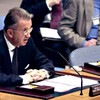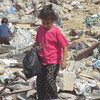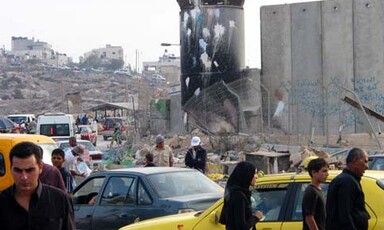
Reflections on Arafat from Australia
Sydney 17 November 2004
In the past few days I have been asked about my feelings towards the death of Arafat by a number of students at university. Just as every other Palestinian, my feelings cannot be boxed one way or the other. As this event marks the passing of a unique Palestinian. One whom powerfully resisted in the struggle for my people, at the same token, was neglectful and corrupt. Peace will not be easily achieved with his passing, as there are no plans to remove the wall, the olive orchards are still gone, the illegal settlements are still polluting ‘67 Palestine, and the exiled refugees worldwide will not suddenly be allowed to return home. Read more about Reflections on Arafat from Australia








